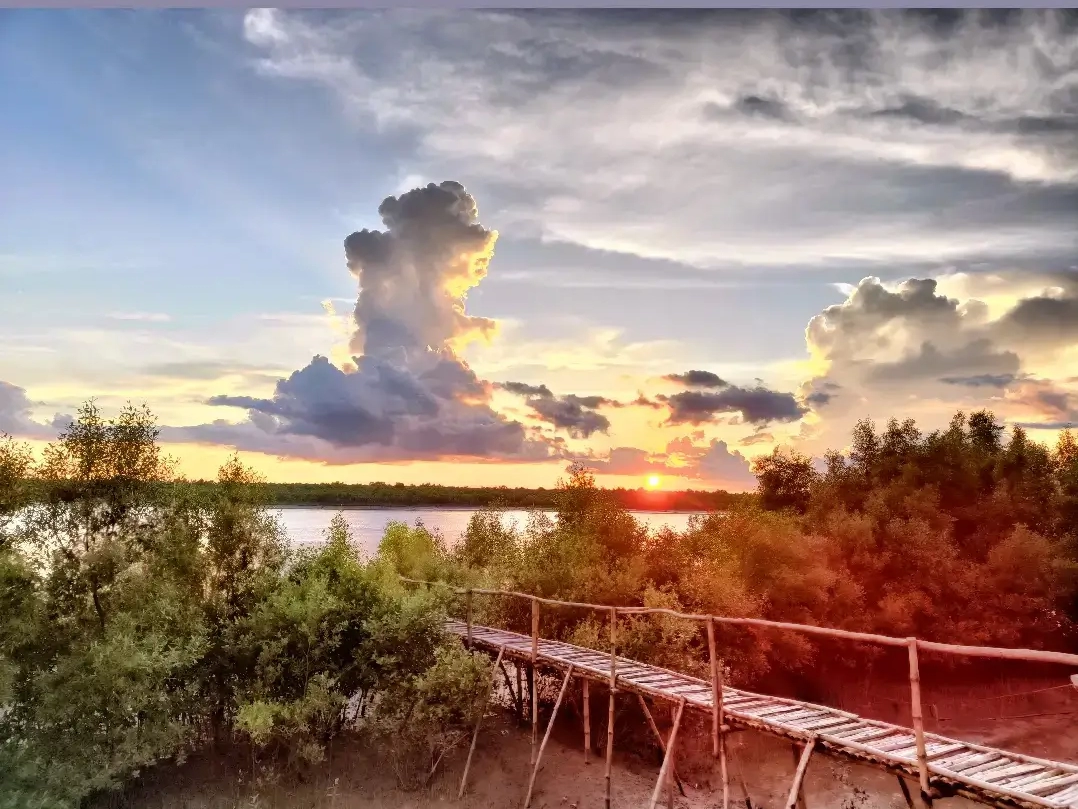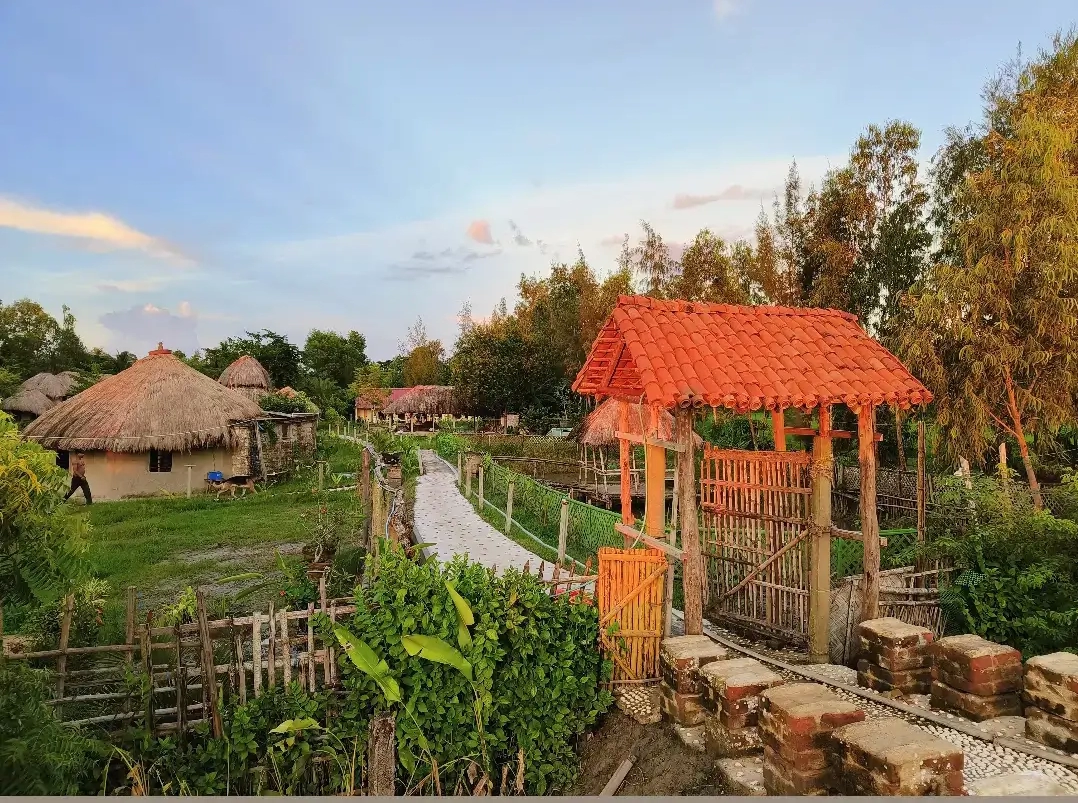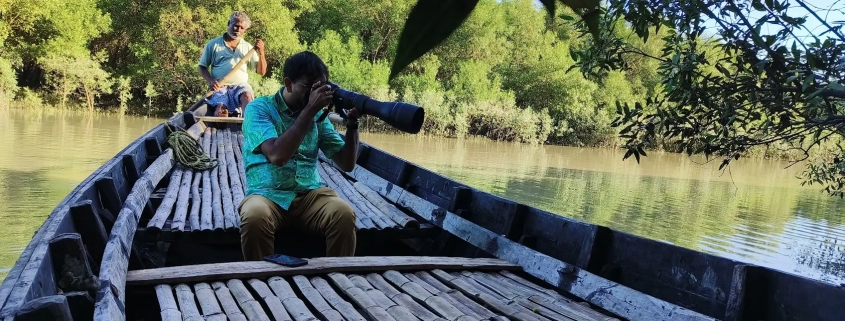Preserving Paradise: The Essence of Eco Tourism in Fragile Ecosystems
Some tourism locations provide more than simply magnificent scenery; they are also sensitive ecosystems with complex interdependencies bursting with life. Whether they are coral reefs, rainforests, or arctic regions, these fragile paradises are not only breathtaking to see but also extremely endangered.

Enter ecotourism, a worthwhile endeavor that goes beyond simple wanderlust to protect these natural beauties for future generations. In this investigation, we explore the fundamentals of ecotourism in delicate ecosystems, learning how responsible travel practices play a crucial role in protecting these treasures while providing visitors with an unforgettable and ethical journey.
An Orchestra of Biodiversity
Biodiversity abounds in fragile ecosystems, with each species essential to preserving the delicate balance. For instance, coral reefs are hotspots for biodiversity and protect the coast while supporting a vast array of marine creatures. The rainforests serve as the planet’s lungs, taking in carbon dioxide and exhaling oxygen while simultaneously providing a haven for numerous species, many of which have not yet been identified.
The polar areas’ environment is specially suited to harsh conditions thanks to ice formations, unique vegetation, and fauna. However, the very existence of the life forms these ecosystems support is threatened by their susceptibility to human influence, climate change, and unsustainable behaviors.
Function of Ecotourism
Ecotourism enters the world stage as an advocate for these vulnerable habitats. By assisting them in comprehending the complexity of these paradises and the value of conservation, it turns tourists into responsible stewards.
While taking in the splendor of coral reefs, jungles, and arctic ice, eco travelers also learn how their decisions and actions can affect the delicate balance. The goal is to protect these wonders so that future generations can continue to enjoy them.
Leave just footprints behind
The idea of “leave no trace” is at the heart of ecotourism. Travelers are instructed on how to reduce their impact, from following established pathways to staying away from or not disturbing wildlife. Even a seemingly benign touch can have significant effects in delicate ecosystems by upsetting delicate symbiotic interactions. Through their words and every action, eco visitors teach others to appreciate the environment.
Sustainable Techniques and Community Participation
Ecotourism has an impact that goes beyond what visitors do. Additionally, it encourages sustainable tourism. To make sure that the rush of visitors does not harm the ecosystems, responsible eco-friendly lodging, trash management, and conservation programs are given priority.
Local communities participate as preservation partners, contributing their knowledge and gaining financially from ethical tourism. The significance of the ecosystems is acknowledged by individuals who live nearby thanks to this symbiotic interaction.
Making a Long-Term Impact
The true purpose of ecotourism is to instill a sense of responsibility that goes beyond simply visiting these fragile paradises. Returning as conservationists, eco-tourists talk about their experiences and share them with others. They develop into a force that promotes awareness, aids in conservation efforts, and makes a remote contribution to the health of these ecosystems.

In Conclusion: Nurturing the Fragile and the Priceless
The fragile and priceless fragile ecosystems must be protected because they are more than just pretty settings; they are essential to the diversity of life on Earth. Ecotourism’s core values acknowledge their importance and work to protect them.
Eco tourists embrace a higher purpose by setting out on responsible adventures, which goes beyond just saying their desire. This higher purpose is to protect and nurture the delicate paradises that capture our hearts and souls. As a result, they not only embark on incredible adventures but also end up taking care of the most valuable things on Earth.
FAQs
How does ecotourism support the maintenance of vulnerable ecosystems?
Ecotourism encourages sustainable and responsible travel habits and informs visitors about the value of protecting delicate habitats. Travelers can lessen their impact on these habitats and aid regional conservation efforts by following the “leave no trace” philosophy.
What do “leave no trace” ethics entail for ecotourism?
Ecotourism practices that adhere to the “leave no trace” philosophy aim to reduce human interference with the environment. It is advised that visitors stick to the approved routes, don’t bother the wildlife, and don’t leave any signs of their visit.
What are the advantages of ecotourism for local communities and vulnerable ecosystems?
Through the use of sustainable tourism techniques, eco tourism offers financial incentives for the preservation of delicate ecosystems. As a result, both parties have a stake in preserving the environment’s safety and integrity.
Can ecotourism help travelers change the world?
Absolutely. Travelers who engage in ecotourism serve as conservation ambassadors. They aid in the long-term preservation of these habitats by raising awareness of their significance and encouraging appropriate travel.
How can I continue to help delicate ecosystems after my trip?
To spread awareness of the value of protecting vulnerable ecosystems, share your experiences and insights with others. Support environmental organizations, make charitable contributions, and promote responsible travel among your social networks.





